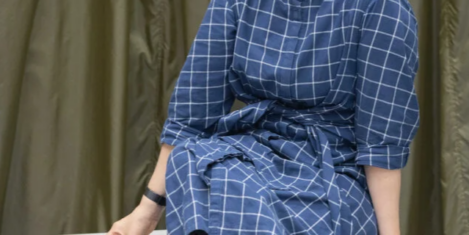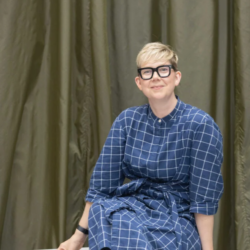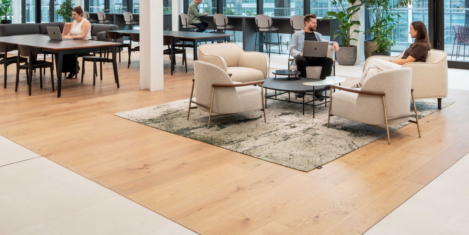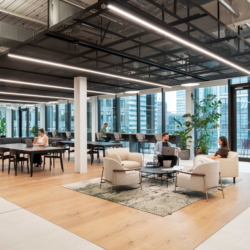February 3, 2026
Wellbeing overtakes financial security as top workforce concern, study claims
 Wellbeing has overtaken financial security as the primary concern for UK employees, according to new research from Mercer, reflecting a shift in workforce priorities after several years of economic and social disruption. The findings come from Mercer’s Inside Employees’ Minds: Building Confidence in a Changed World 2025 to 2026 report, based on responses from more than 4,000 UK workers. While financial pressures remain widespread, concerns around physical, mental and emotional health now dominate. The study found that 32 percent of employees report poor mental health, with higher prevalence among younger workers. (more…)
Wellbeing has overtaken financial security as the primary concern for UK employees, according to new research from Mercer, reflecting a shift in workforce priorities after several years of economic and social disruption. The findings come from Mercer’s Inside Employees’ Minds: Building Confidence in a Changed World 2025 to 2026 report, based on responses from more than 4,000 UK workers. While financial pressures remain widespread, concerns around physical, mental and emotional health now dominate. The study found that 32 percent of employees report poor mental health, with higher prevalence among younger workers. (more…)






































